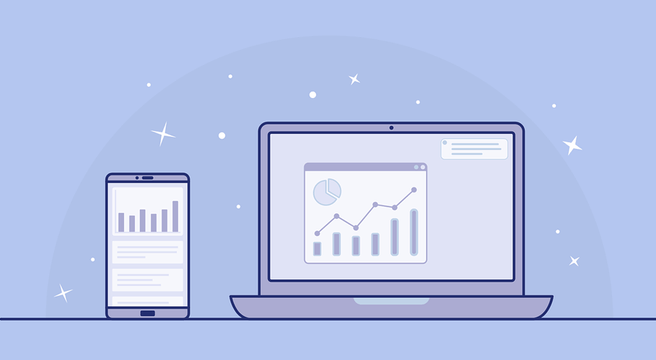All businesses – from sole traders to multinationals – need to understand and keep up with their books. As well as it being a legal requirement for HMRC so that they can make sure you’re paying the correct amount of tax, your books are also a vital source of information about how your business is performing.
Bookkeeping doesn’t need to be complicated. Here’s our guide to the basic principles.
The basics of bookkeeping
Bookkeeping just means recording the money that flows into and out of your business – your purchases, sales, receipts and payments.
The golden rule is that you need to keep accurate records of all the business transactions you make, in the form of invoices, receipts, bank statements, petty cash records and any other paperwork (such as records of loans or grants).
The most common paper bookkeeping method is the double-entry method, which records your incomings and outgoings in two columns, and checks that they ‘balance’ – this just means that the figures match up.
You can then use your books to produce business reports, such as your balance sheet which shows what your business is worth, and your profit and loss account which shows how well the business is performing over time.
You’ll also need them to complete your tax return for HMRC.
You should set aside time each week to look at your books and make sure everything balances. This also helps you keep on top of any payments that you need to make or invoices which haven’t yet been paid, so you can chase these up.
Accounting software
It is of course possible to keep paper records, but these days most businesses use some form of software. Low-cost programs are available that let you input your income and outgoings directly (or import the data from elsewhere, such as a spreadsheet).
Good accounting software will automatically produce:
- personalised invoices, payment advice slips and statements
- your balance sheet and profit and loss accounts
- reports on overdue debtors
Depending on the software, it might also help produce your tax return for HMRC and link up with your internal payroll systems if you have these.
Outsourcing bookkeeping
If you’re not confident doing your own bookkeeping, or if you simply don’t have the time to spend doing it, it’s a good idea to hire a professional. They can also give advice, eg on tax breaks you might be able to claim, or on the best way to get new business finance.
You will still need to keep basic records of your business income and outgoings. Your accountant may be able to advise on the best system for doing this.
This article is provided only for general informational and educational purposes. It is not offered as and does not constitute legal or other professional advice on the subject matter in question. You should not act or rely on information contained in this website without first seeking professional advice on the subject matter in question.





